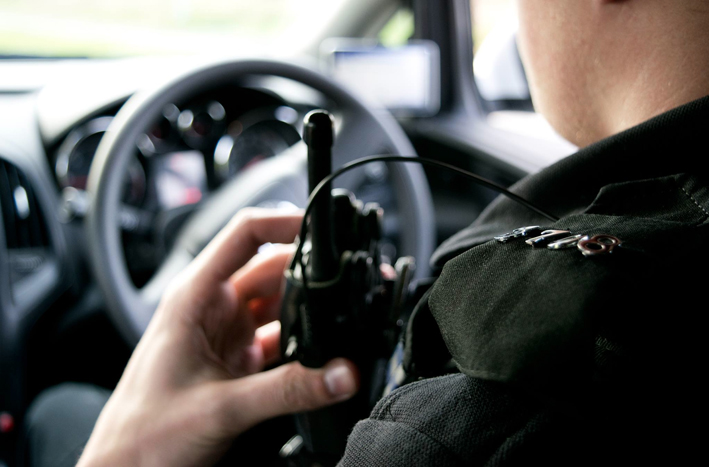Road safety awareness at the push of a button
Warwickshire County Councils road safety team is utilising technology in the ongoing battle to educate primary school children about the dangers pedestrians and bicycle riders face on a daily basis.

Warwickshire County Councils road safety team is utilising technology in the ongoing battle to educate primary school children about the dangers pedestrians and bicycle riders face on a daily basis.
Handheld electronic voting systems from Qwizdom, specialists in interactive voting systems, bring new elements of interactivity and fun to the teams annual road safety quiz. Results are instantly broadcast onto a whiteboard enabling the quizmaster to see which questions are being answered incorrectly, as well as identifying individual students that need specific tuition.
Road safety officer Mike Holdsworth has been with the Warwickshire road safety team for nine years and has 23 years of experience as a primary/junior teacher. He runs regular quizzes and informal educational sessions about road safety with over 100 schools across the county.
He explained: The voting system enables us to communicate road safety in a novel and fun way. The handsets are something quite different so we find that the children really want to use them.
Qwizdoms handsets are similar to those used in ask the audience on television quiz shows such as Who wants to be a Millionaire, but far more advanced. When students participate, Mr Holdsworth can instantly see which questions they are getting right and where there are problems. This sidesteps the marking process of traditional paper-based quizzes so that discussions can be had immediately and misconceptions can be corrected while the subject is still fresh in students minds.
I believe that these sessions have been effective in preventing accidents and saving lives. Our child casualties have been reducing for some years and the new voting system approach has breathed fresh life into our presentations, said Mr Holdsworth.
A number of police forces are also taking advantage of the interactive training benefits of this handheld voting technology.
Steve Butterworth, head of immersive learning at the Greater Manchester Police Training Centre, has been using these handsets in his classes for over a year. By creating video clips with pre-defined decisions and answers, it effectively puts officers in a crime situation by asking the question: What are you going to do next?
He wanted to bring live decision making into the classroom but at a level less complex than the existing Minerva and Hydra immersive system the training simulator for large-scale criminal investigations developed by Dr Jonathan Crego for the Metropolitan Police. Immersive learning is designed to simulate the reality of critical incident management. Students are immersed in a realistic environment to experience the decision-making process and understand the complex issues involved.
I was interested in interactive decision-making but without the full simulation, said Mr Butterworth. This interactive concept allows us to do that.
Another user, Chief Supt John Pollock, head of Strathclyde Police community safety department, added: The [Qwizdom] system has enabled the force to analyse different community perspectives on a variety of issues that directly lead to the identification of local policing priorities.
Other forces using the interactive technology include Humberside, Grampian Police, Fife Police, Lancashire Constabulary, South Yorkshire Police, Dyfed Powys Police, Tayside Police, Thames Valley Police, Nottinghamshire Police, Dumfries and Galloway Constabulary, Lothian & Borders Police, Gwent Police, Hampshire Police Authority, Cheshire Police, Strathclyde Police and PSNI.




